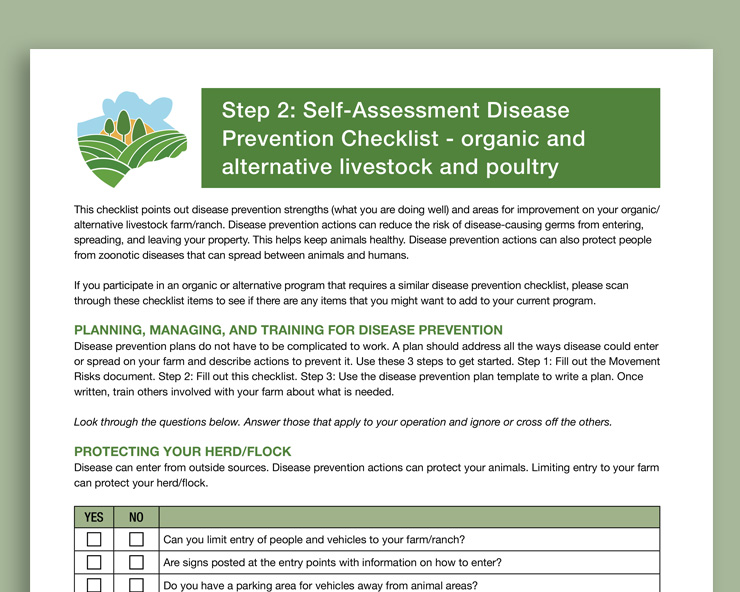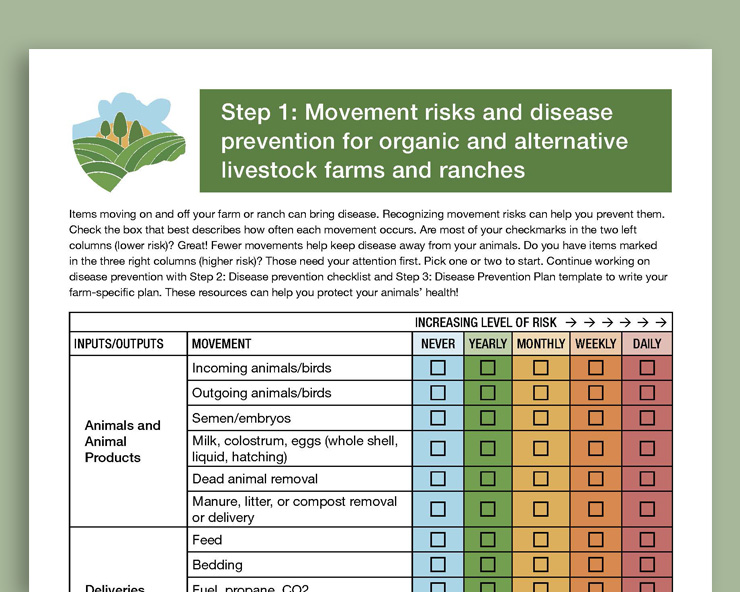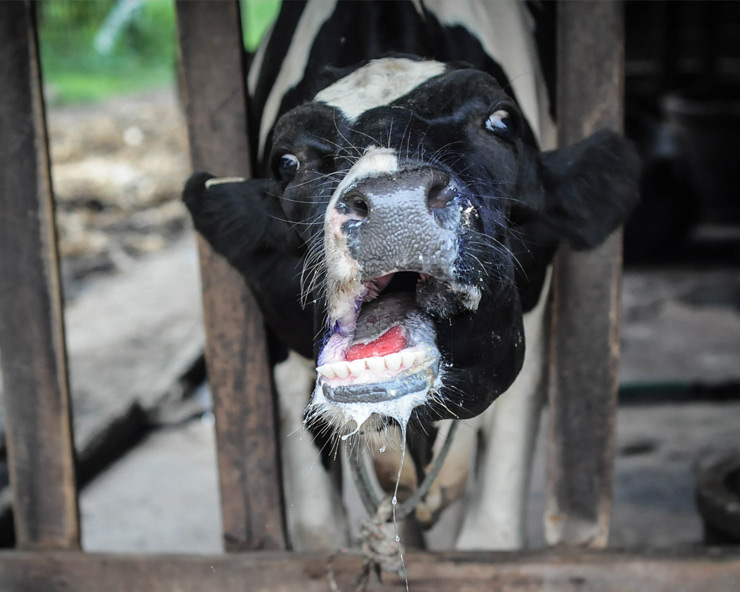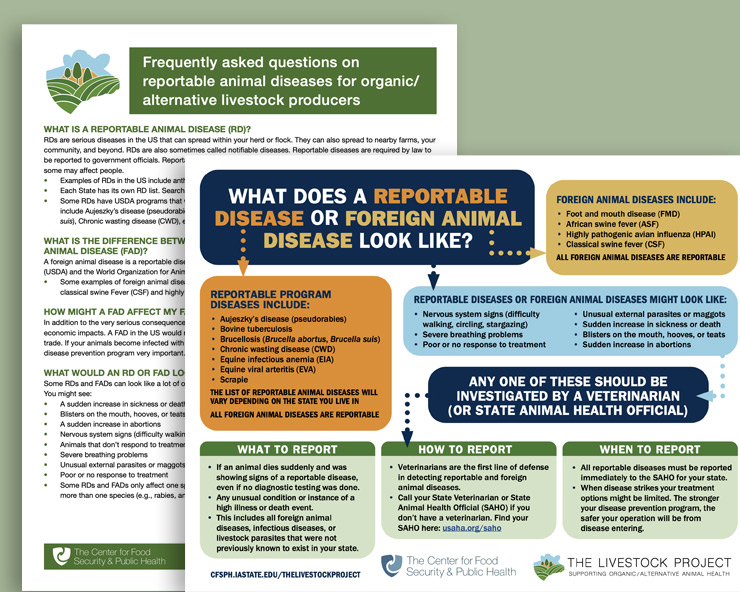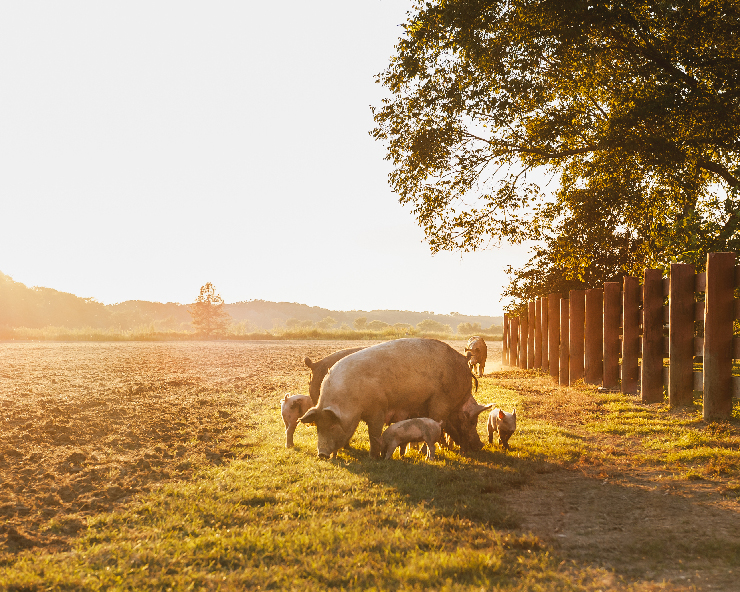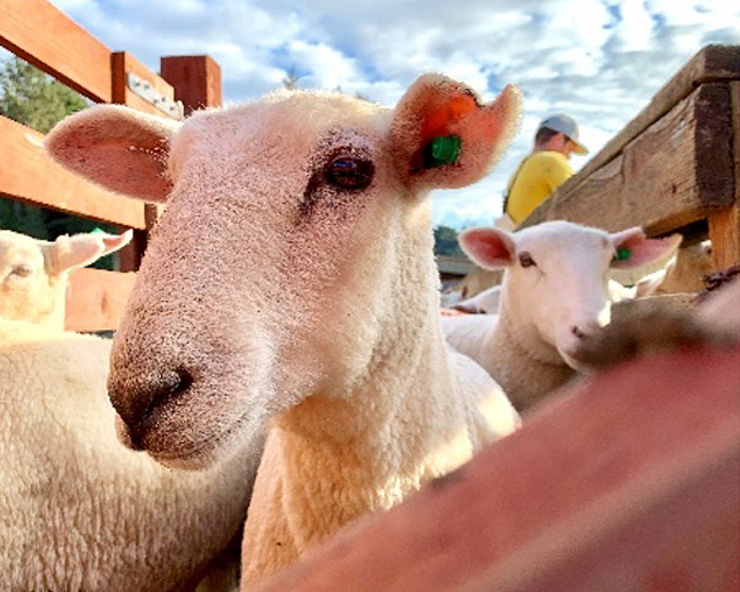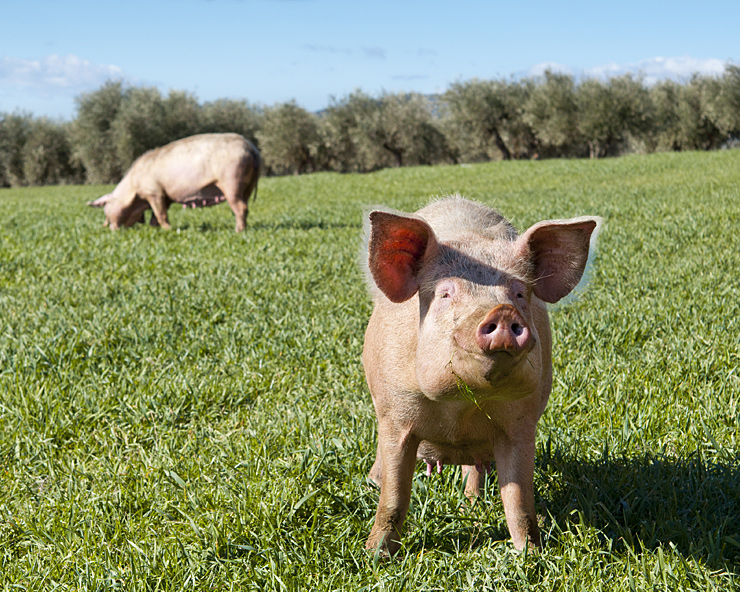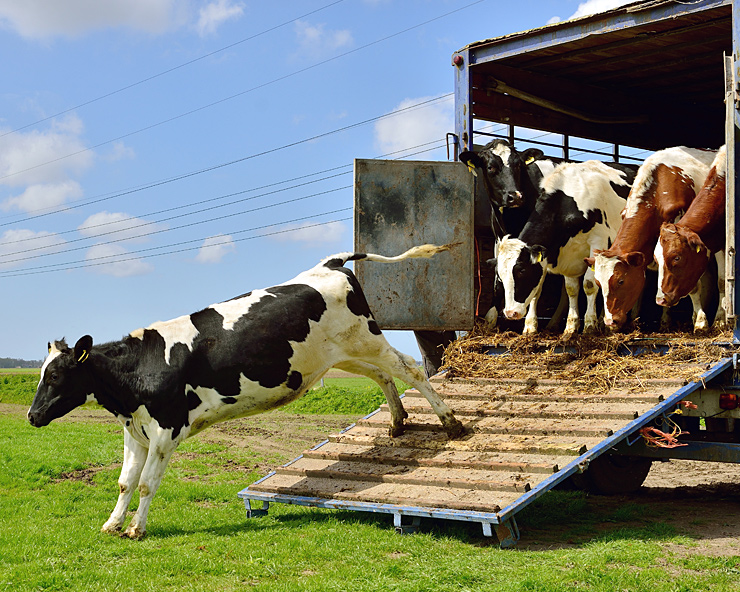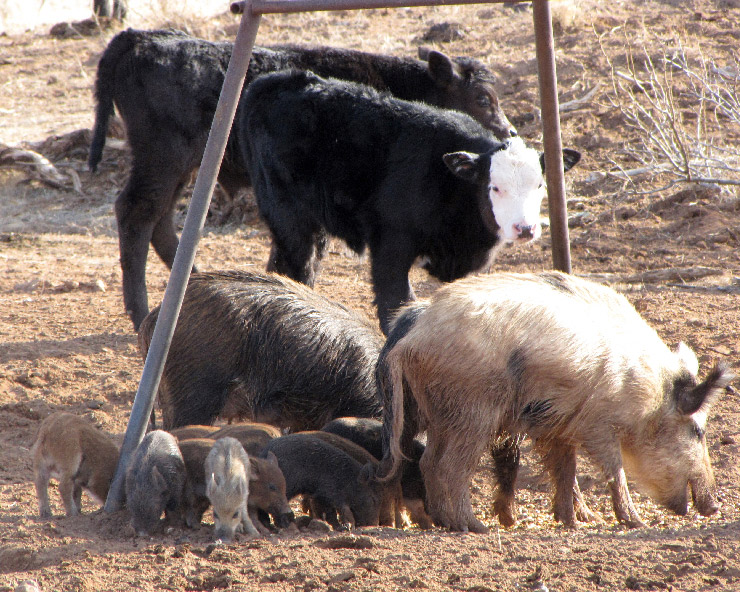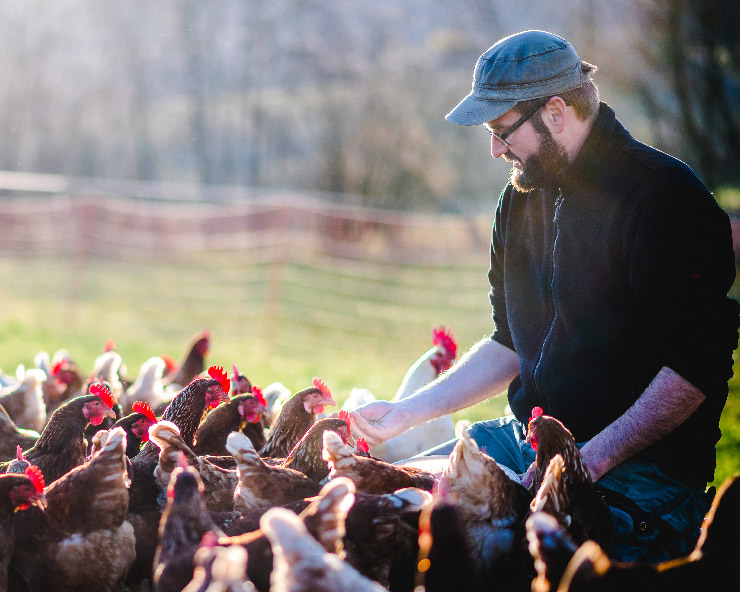Self-Assessment Disease Prevention Checklist for organic and alternative farms
The Livestock Project has created a Self-Assessment Disease Prevention Checklist for use on organic or alternative livestock and poultry farms. This easy to use checklist can help point out your strengths as well as areas for improvement This short checklist can be printed and filled out, or filled in online and saved. If you participate … Read more

